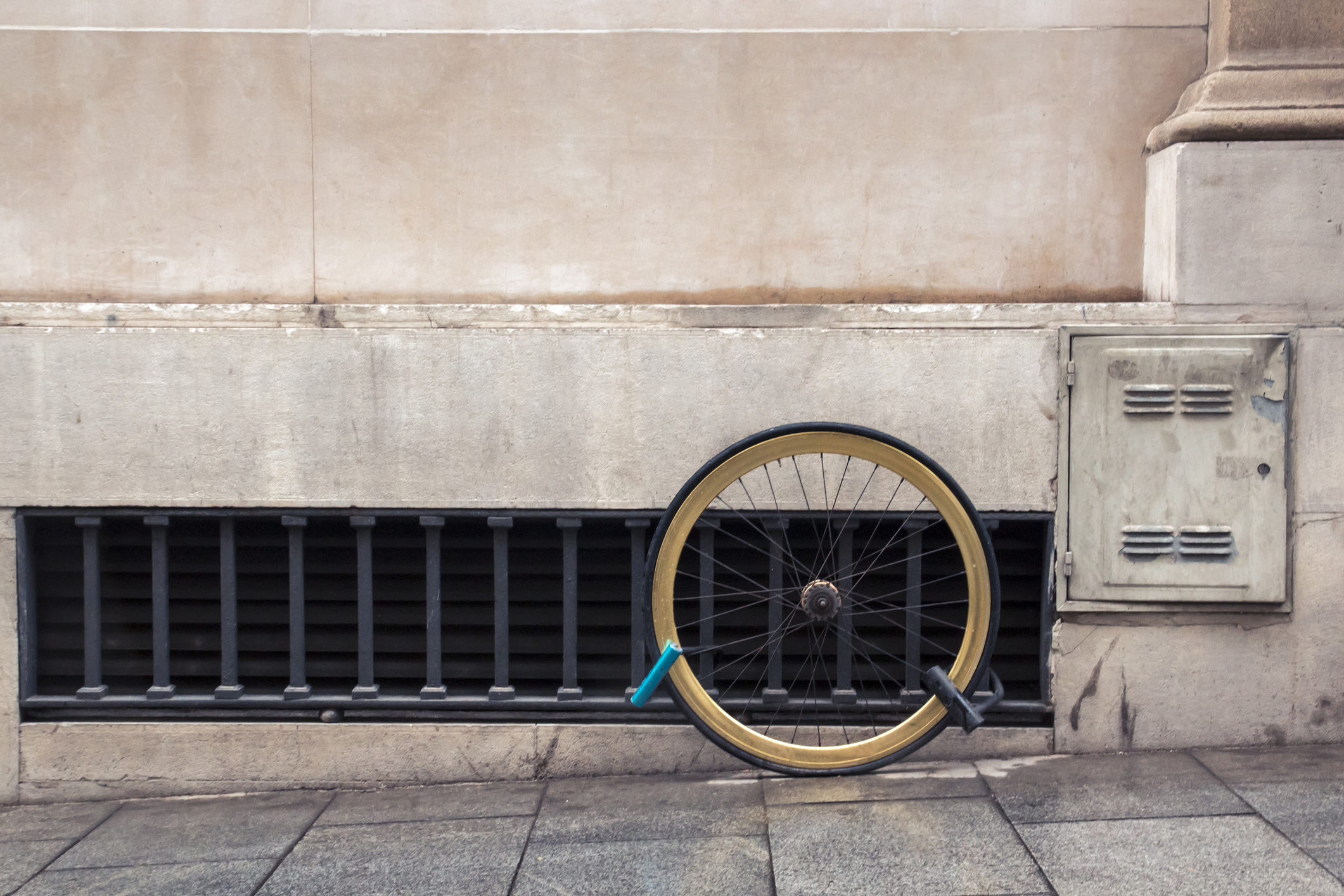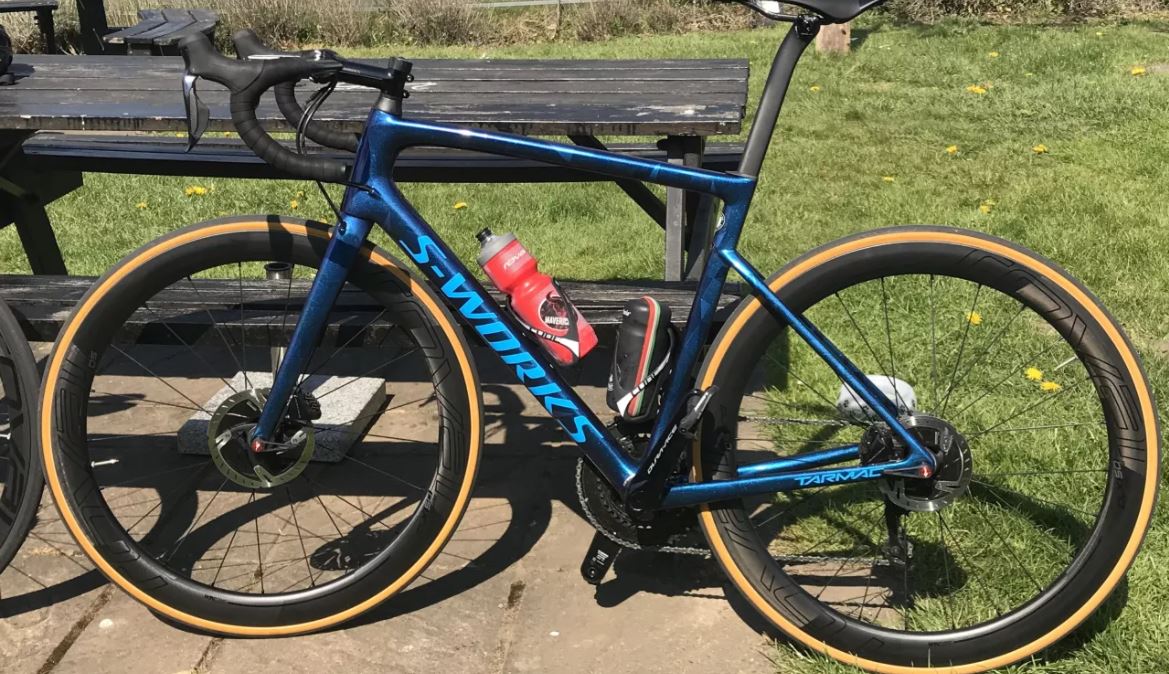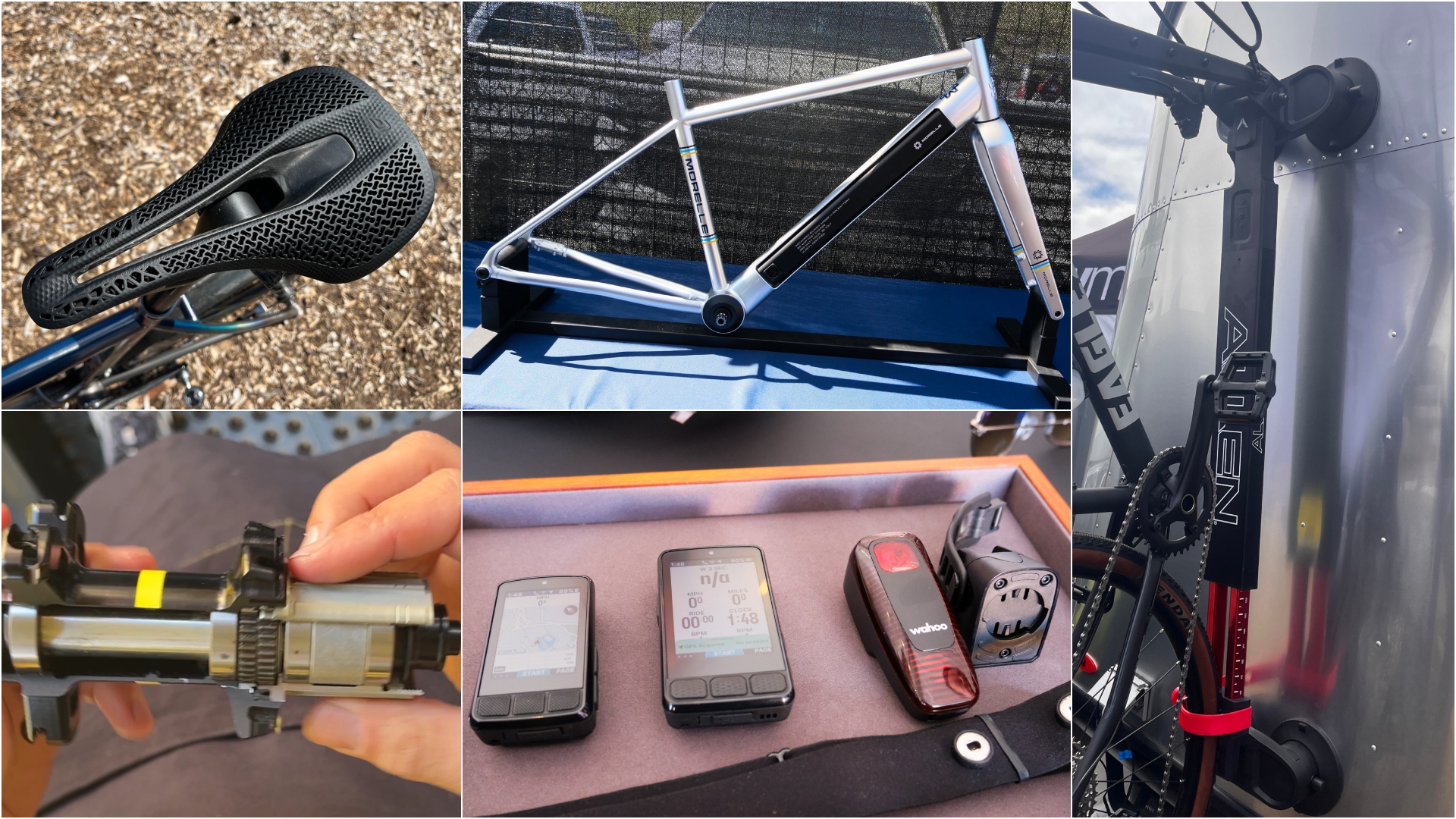1,100 bikes stolen every day: Why isn’t cutting down on bike theft more prominent in cycling policy?
More sophisticated bike locks, GPS trackers, and cycle insurance - but could there a greater focus on secure cycle parking and police action?


A study into bike theft in the UK has revealed that a staggering 1,100 bikes are stolen every day, and yet, theft is rarely a barrier discussed by policymakers looking to increase cycling participation.
Each year, 80,000 stolen bikes go unclaimed for, presumably with owners either shelling out for a new model, or giving up on their cycling altogether, an unfortunate fate given that a fifth of owners listed their bicycle and kit as their ‘most important possession’.
Whilst the survey, commissioned by Direct Line, showed that 16% of its participants spent a “whopping £500 on their bike and accessories”, a 2021 study across Cycling Weekly’s publisher’s readers put the average spend figure at £2,685 (Future Publishing BikeTrack Survey, 2021).
For enthusiasts - the people for whom cycling is already a regular pastime, and who are therefore less likely to be put off by road traffic - the loss of a bike is likely an even more substantial financial outlay, arguably making bike theft a key detractor.
Whilst the UK government has said it’s seeking a ‘golden age’ for cycling, with measures such as greater priority for cyclists within the Highway Code and £250 million to be used by councils to build “protected space for cycling”, bike theft is still a major barrier preventing cyclists from using their bikes as transport.
The European Commission has also said it’s prioritising walking and cycling in its latest policy, but again, the focus remains on the likes of “allocation of space, safety regulations, and adequate infrastructure.” The latter typically refers to bike lanes. Whilst all extremely welcome - especially with close passes and sharing space with lorries being number one detractors - fear of theft seems to be an obvious unturned stone in the effort to increase the popularity of cycling as a way to get from A to B.
Statistics from the UK and US show that whilst 19% and 20% of victims report the loss of a bicycle to the police, only 5% of those stolen are returned each year. Instead, victims, and indeed cycling security brands are putting in the effort to seek solutions.
Get The Leadout Newsletter
The latest race content, interviews, features, reviews and expert buying guides, direct to your inbox!
One owner lucky (or, resourceful) enough to have his stolen bikes returned in November last year was David Wilkins, who used an AirTag GPS tracker to help police retrieve three stolen bikes, the highest in value a £10,000 Specialized.

Wilkins retrieved his £10,000 S-Works, plus two more bikes and £5,000 worth of equiptment
Relaying the story to Cycling Weekly, Wilkins told us: “[The police] were very helpful, but I got the impression they couldn’t do too much as they said the location wasn’t specific enough,” he “took the matter into [his] own hands” and even having located the bikes was told by police that the “AirTag could still be inaccurate," only gaining traction when he and an officer “pressed our ears up against the window of the property” and “heard beep, beep, beep.” Whilst the police no doubt have a lot on their hands, it shouldn't be down to victims to play Cluedo on tens of thousands of pounds worth of stolen belongings.
Bike locks have also become more sophisticated, with the likes of Hiplok seeking to produce an angle grinder-resistant solution last year.
With train stations a common theft zone, Southern Rail has recently introduced secure hubs - with card only access - at Brighton, Horsham, Dorking, Haywards Heath and Lewes train stations, with more promised in Hove, Portslade and Newhaven. However, for most commuters, leaving a bike at a train station feels like a russian roulette of leaving a pride and joy attached to a flimsy metal stand in a dark corner of the town.
The study, commissioned by Direct Line, also noted that over half of owners - 61% - did not have specialist bike insurance in place. It is worth being aware, however, that bicycles are often covered by home contents insurance, so that doesn’t mean that 61% of owners are completely unprotected. Alison Traboulsi, marketing manager at Direct Line Cycling Insurance said: “Unlike car insurance, when it comes to dealing with bicycle theft or accidents, many cyclists are unprepared for the consequences. Replacing a bicycle, or paying out for liability costs, can be extremely pricey and not something everyone may be in a position to do right away.
“On average, 45 bikes are stolen every hour in the UK. Cyclists need to consider what protection should be put in place to ensure they’re potentially covered for this.”
There’s no disputing that dedicated cycling insurance is a good idea - however, it feels like there’s more that could be done at a government and town planning level, too.

Thank you for reading 20 articles this month* Join now for unlimited access
Enjoy your first month for just £1 / $1 / €1
*Read 5 free articles per month without a subscription

Join now for unlimited access
Try first month for just £1 / $1 / €1
Michelle Arthurs-Brennan the Editor of Cycling Weekly website. An NCTJ qualified traditional journalist by trade, Michelle began her career working for local newspapers. She's worked within the cycling industry since 2012, and joined the Cycling Weekly team in 2017, having previously been Editor at Total Women's Cycling. Prior to welcoming her first daughter in 2022, Michelle raced on the road, track, and in time trials, and still rides as much as she can - albeit a fair proportion indoors, for now.
Michelle is on maternity leave from April 2025 until spring 2026.
-
 A bike rack with an app? Wahoo’s latest, and a hub silencer – Sea Otter Classic tech highlights, Part 2
A bike rack with an app? Wahoo’s latest, and a hub silencer – Sea Otter Classic tech highlights, Part 2A few standout pieces of gear from North America's biggest bike gathering
By Anne-Marije Rook
-
 Cycling's riders need more protection from mindless 'fans' at races to avoid another Mathieu van der Poel Paris-Roubaix bottle incident
Cycling's riders need more protection from mindless 'fans' at races to avoid another Mathieu van der Poel Paris-Roubaix bottle incidentCycling's authorities must do everything within their power to prevent spectators from assaulting riders
By Tom Thewlis